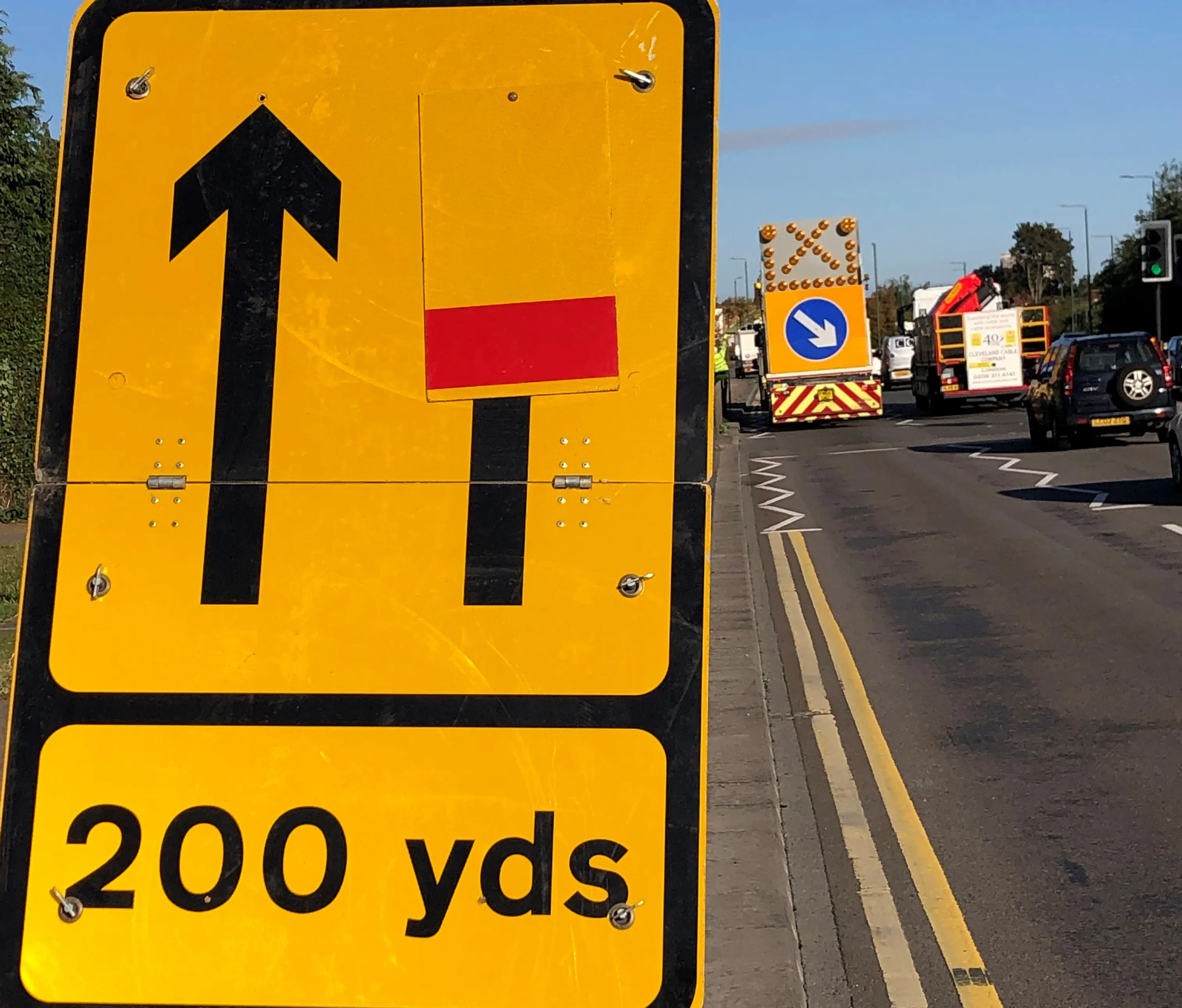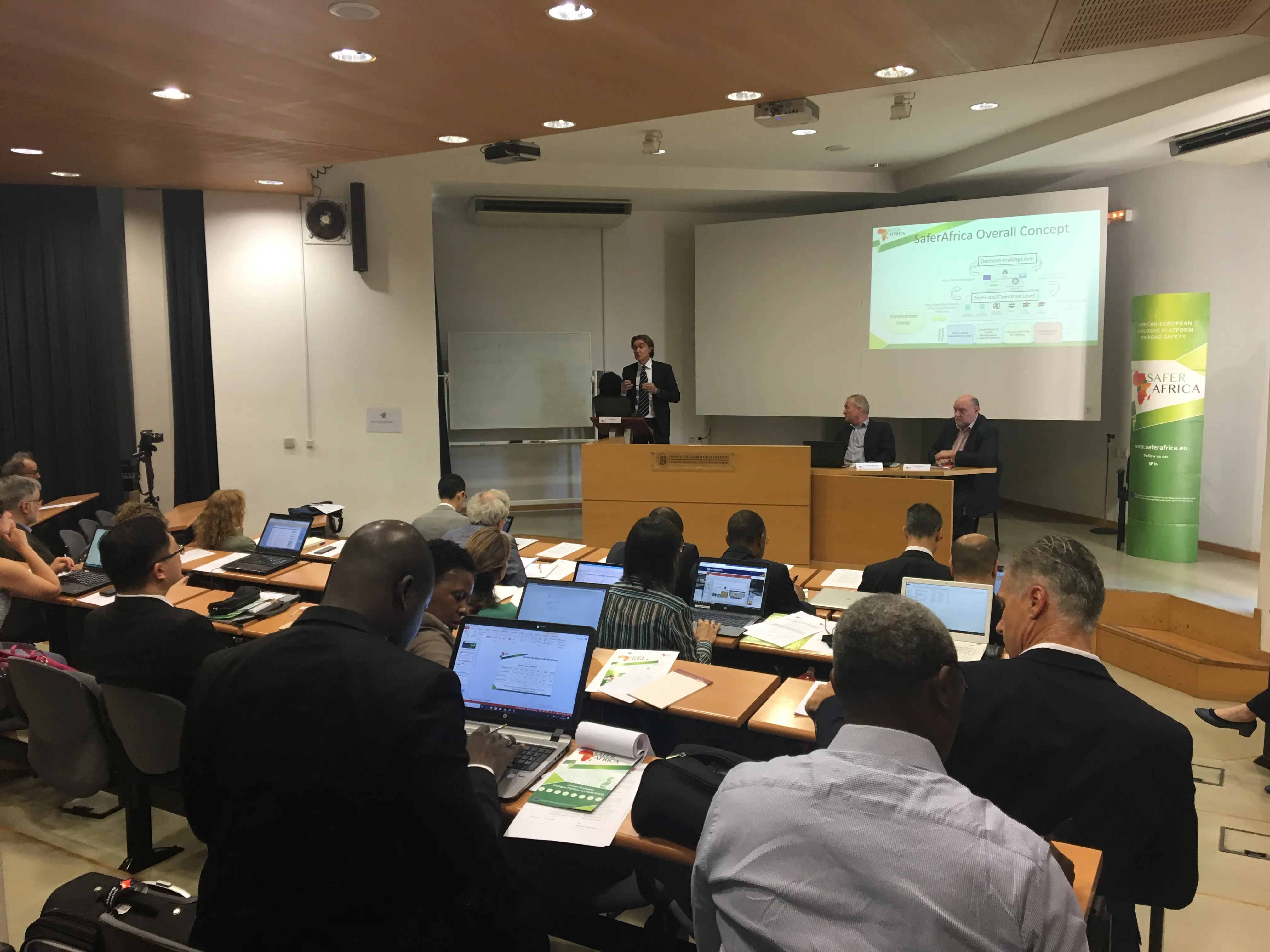
After 15 years of representing the highways maintenance industry in the UK, the Highways Term Maintenance Association (HTMA) will cease operations by the end of the year.
A statement on the association’s website said that its members made this decision following the departure of a number of tier 1 highway maintenance contractors from the organisation. Peter McDermott, chairman of the HTMA, said that tier 1 contractors have been leaving the organisation since 2018 when the HTMA decided to be more focused on second tier suppliers.
According to the HTMA statement, other collective industry groups have emerged for specific purposes and will provide a channel for the industry to be heard and to represent the industry’s needs and offerings. The establishment of these alternative bodies to represent tier 1 companies has also been a factor that has impacted on HTMA.
The association will be formally wound up later in the year.
HTMA has achieved a significant amount for the industry over the years including establishing industry specific price indices, influencing the development of the HMEP (Highways Maintenance Efficiency Programme) standard contracts and establishing senior level engagement across the industry.
The association has also produced and published a collection of guidance and best practice documents across a range of subjects, which have been made freely available to share knowledge and foster best practice, to encourage improved standards and to increase awareness of the diversity of careers and raise the profile of highways maintenance and management.







